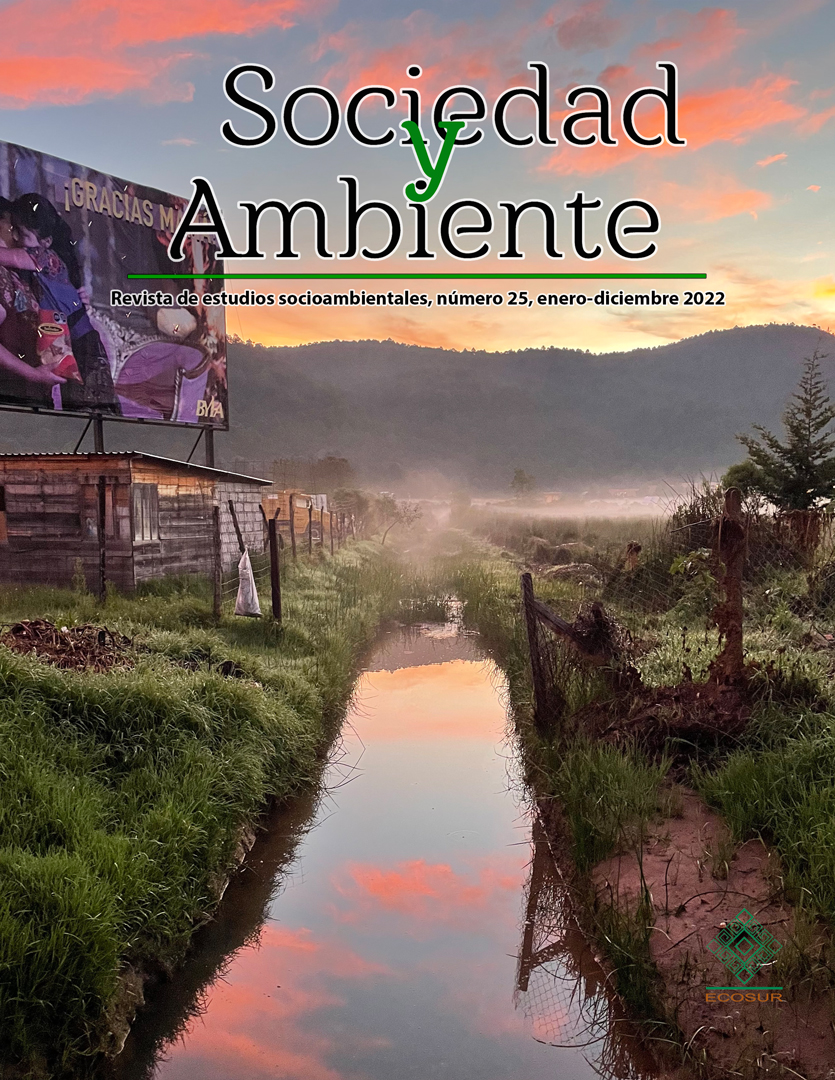Abstract
Throughout its history, the development model in the Mexican Caribbean has maintained a linear economic commitment, which compromises the quality of its natural and cultural resources and represents a continuous loss of the services provided by its ecosystems. Based on the evolution of the main productive activities in Quintana Roo (forestry, fishing, and tourism), we first conducted a historical analysis to identify some barriers that hinder the transition towards circular management in the Mexican Caribbean. Secondly, through a participatory action-research design, it was determined how identifying common local objectives could potentiate the integration of tourist-fishing cooperatives towards circular management from the ecological economy and circular economy approach. The results obtained showed lines of action against the problems identified based on four community involvement strategies: from extracting to reducing (sustainable use); from producing to prolonging (sustainable infrastructure); from using to closing cycles (coastal governance), and from discarding to regenerating (integral restoration). These strategies propose laying the foundations for a new circular management system for coastal ecosystems at the local level aimed at sustainable development in the region.

Sociedad y Ambiente by ECOSUR is licensed under a Creative Commons Reconocimiento-NoComercial-SinObraDerivada 2.5 México License


